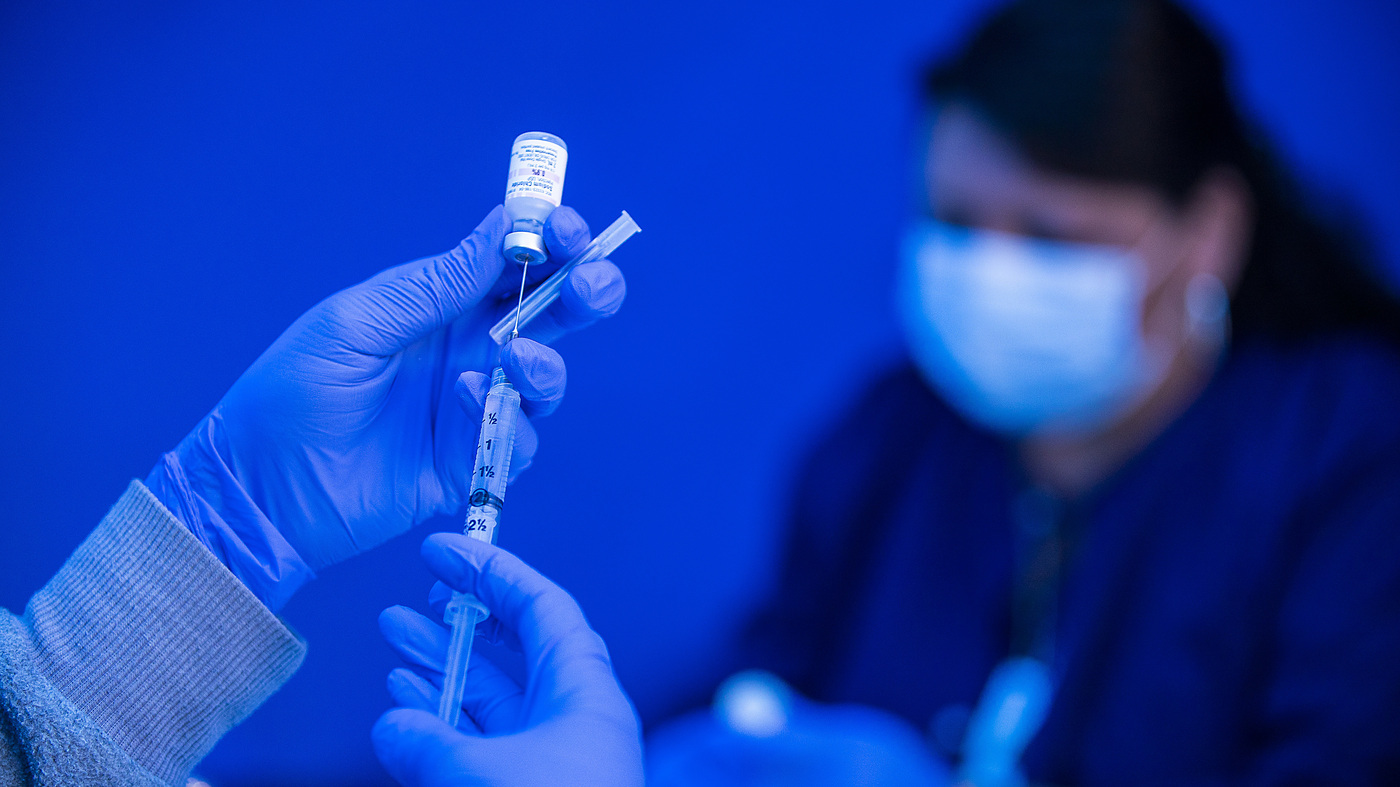You are here
Describing the spread and life cycle of an anti covid-19 vaccine lie
Primary tabs
 The Life Cycle Of A COVID-19 Vaccine Lie Where do myths about coronavirus vaccines come from and why do they spread? NPR takes a look at how rumors about vaccines and fertility reached the public earlier this year. NPR.org
The Life Cycle Of A COVID-19 Vaccine Lie Where do myths about coronavirus vaccines come from and why do they spread? NPR takes a look at how rumors about vaccines and fertility reached the public earlier this year. NPR.org Misinformation about COVID-19 vaccines can appear almost anywhere: from an uncle's Facebook post to a well-trusted news commentator. But where does it come from, and why do some myths spread further than others?
With the help of the internet research firm Graphika, NPR analyzed the rise of one persistent set of lies about COVID-19 vaccines: that they can affect female fertility.
Despite a mountain of scientific evidence showing the vaccines are safe and effective, the false information persists.
Graphika's data analysis tools allow the firm to track key points at which a piece of information is shared or amplified. It can illustrate how many of these kinds of lies often go viral.
The events outlined here represent a major amplification event for this false information, but they're by no means the only source of lies about female fertility and the vaccine. Claims about fertility and the coronavirus vaccines go back to at least December, and fertility claims about other vaccines date back even further, in some cases decades.
But the events of earlier this year illustrate how misinformation can spread in a nonlinear manner with many different players adding threads to a web of false content.
Here then is the life cycle of a lie:
Step 1: Start with a kernel of truth ...
Step 2: Find an influencer to spread doubts and questions ...
Step 3: Pile on some related myths ...
Step 4: Make waves in mainstream media
Step 5: Morph to fit the messenger ...
Step 6: Repeat the cycle with new lies ...



Recent Comments